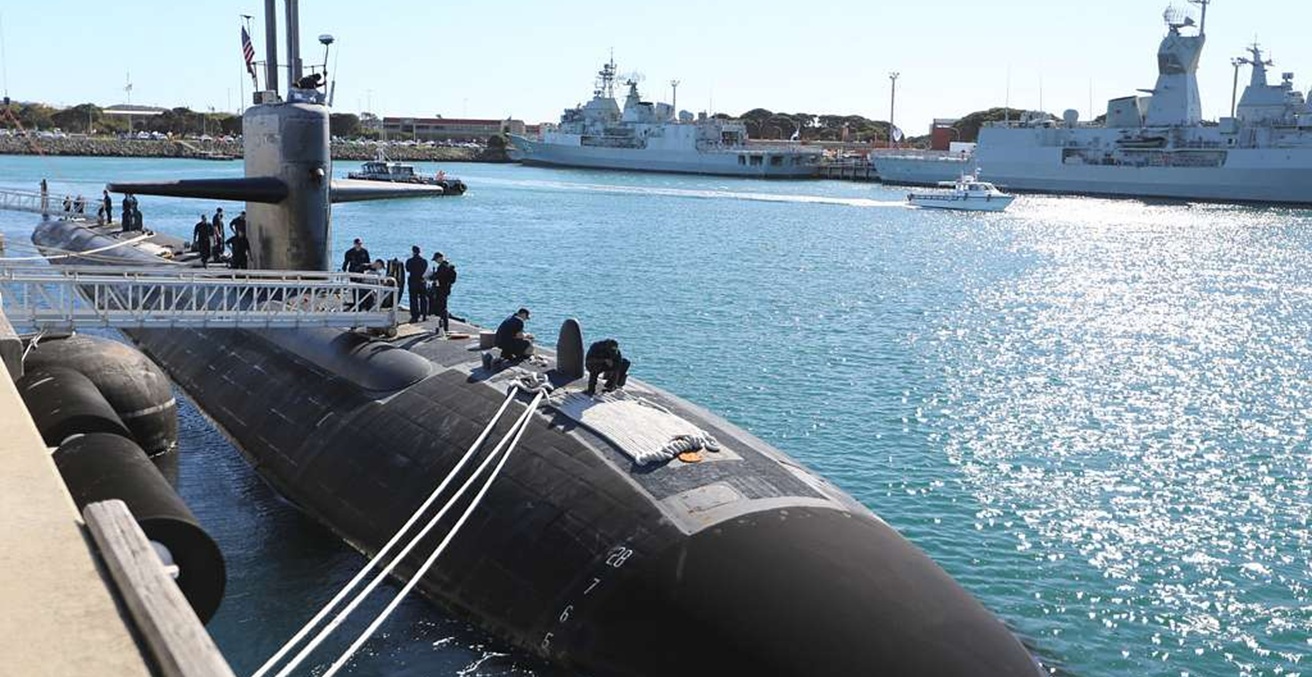There is clearly a demand for the histories of Australians’ experiences in war. In 2015 we observed the centenary of Gallipoli and the 70th anniversary of the end of World War II. Along with the various official recollections of what went on behind the lines, we are increasingly exposed to ‘other’ stories, rich narratives that fill in the spaces. McDonald’s painstakingly researched book is one of these.
The book is about Charles Bavier, son of a Swiss businessman with interests in Yokohama at the end of the 19th century. But there are many threads and layers in this story that should engage readers from start to finish. Yes, it is a war story but it is also a story that speaks to questions of identity, of living between European and Japanese societies—particularly during Japan’s rapid modernisation during the twentieth century. It is also, for researchers, an encouraging story about exploring what might unfold from the serendipitous receipt of a carton of papers.
This is effectively where McDonald’s story begins, in his correspondent’s office in Tokyo in the early 1980s when a German colleague handed him the papers of Charles Bavier who had died in 1977, aged eighty-nine. “There is an Australian connection in all of this” he said as he handed the box to McDonald. And so began three decades, on and off, of research and piecing together the ‘Australian connection’.
That connection is teased out over the 18 chapters, which start in Yokohama in 1891 and end in Kyoto, in 1977. The final chapter covers the longest period, from Singapore to Kyoto between 1948 and 1977. The remaining chapters cover shorter periods of time but are no less rich in detail. Those interested in the ‘Australian connection’ might choose to turn straight to the chapters ‘Paper Bullets—Melbourne 1942’ and ‘Terms of Surrender—Brisbane 1943-45’ but to do so would deprive the reader of the complexity of Bavier’s life and how the Japanese-raised son of a Swiss citizen came to be involved in the Australian Army, not just once but even earlier during World War I and Australia’s engagement in Gallipoli. Unrequited love and a “month-long binge of drinking and whoring” saw him off in 1912 to join the “new army in Australia”.
The women in Bavier’s life take mostly secondary or invisible roles, from his birth mother to the Japanese woman who effectively raised him and later married his father and bore two of his children, John and Eddie (who also played key roles on different sides of the Pacific War). Indeed, a feminist reading of the text indicates at times in his life he was not a particularly nice man to be around and the reader longs for more insight into the women who played such significant roles in his, somewhat privileged, life. This is not a criticism of McDonald’s work by any means; he was working with Bavier’s own papers after all. McDonald admits as much in the preface, noting that the story “remains fragmentary”. One hopes that there will be an opportunity to look into the women’s lives in the future.
The book is indexed and contains a detailed section on the sources for the material. It also has eight pages of black and white photographs including one of Bavier in 1949, post-war, resettled in Kyoto, a European man in Japanese dress—epitomising the very image of the melding of identities that McDonald has addressed throughout the text.
As a long-time observer of Japanese politics and history, I have appreciated Hamish McDonald’s work both as a Tokyo correspondent and his astute interpretations of world affairs. That it took some three decades to turn that box of papers into this most insightful and engaging text, speaks volumes for McDonald’s attention to detail and journalistic determination. I suspect that in wardrobes and back rooms in Australia and Japan, there are more boxes of letters and scrapbooks of war-time engagements waiting to be found, waiting to reveal personal and rich details of wars and the effects they have on people’s lives. I anticipate McDonald’s book, A War of Words, will stand as an exemplar of turning personal fragments into an engaging and challenging narrative.
Donna Weeks, PhD, is a specialist in Japanese and Australian politics, Japanese security and Japan-Australia relations. In April 2016 she left Brisbane to take up a teaching and research position in Tokyo at Musashino University where she teaches Japanese politics and peace studies in the Department of Political Science.




